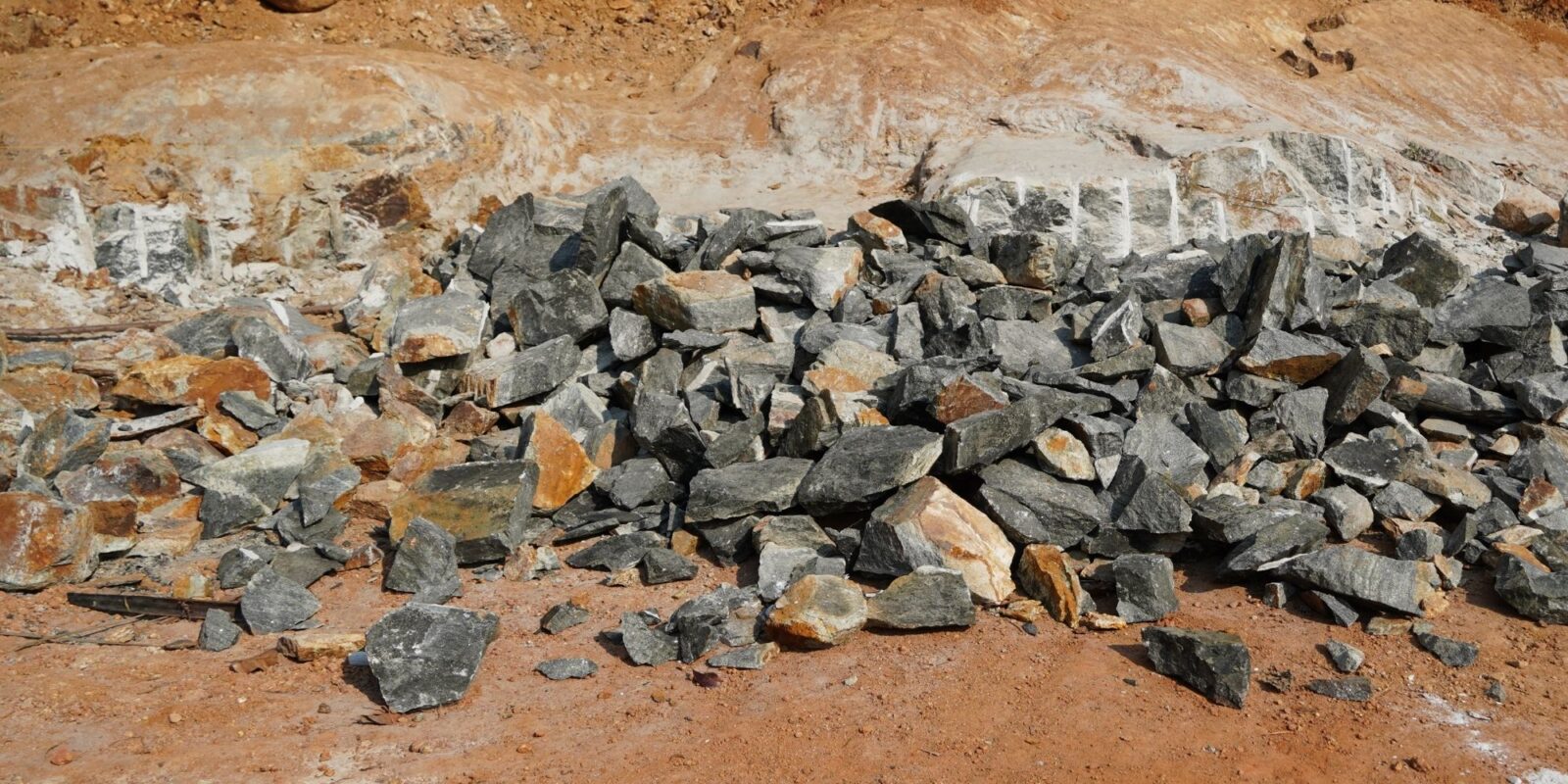Lithium export restrictions create downstream opportunities

The decision by the government of Zimbabwe to ban the export of unprocessed Lithium ore has opened up opportunities for both foreign and local investors as a whole industrial business scope will be opened as a direct result of the ban.
Rudairo Mapuranga
The country has been losing millions of dollars through raw lithium exports with President Emmerson Mnangagwa dissatisfied with the way the lithium sector has been operating.
This led to the government imposing a ban on the export of raw lithium through section 3 (1) (a) of the Base Minerals Export Control Act [Chapter 21:05] to ensure that the vision of the President to see the country becoming an upper-middle income economy has been realized.
The President said if the country was to achieve its vision to become an upper-middle-income economy by 2030, greater effort was supposed to be made to ensure that the export of raw minerals and concentrates has been banned.
“In line with Vision 2030, greater efforts should be made towards value addition and beneficiation of minerals. We cannot as a country continue to export primary products including concentrates and ores. Recently in Mberengwa, we discovered that there was a mountain with nothing but lithium and our people were collecting this lithium ore and being paid something like US$100 when that same quantity will fetch more than a thousand to US$2000 and then exporting it unprocessed so Zimbabwe loses,” HE Mnangagwa said at the time.
According to Mineral Economic Expert Lyman Mlambo, the ban will produce downstream opportunities for citizens and foreign investors. He said those who have not been partaking in the mining industry will help the country achieve the US$12 billion annual revenue by end of this year.
“There are downstream business (investment) opportunities opened up for both local and foreign investors. There is money (profits) to be made downstream, given the large reserves of lithium we have will ensure adequate feed going into the future. Firstly, beneficiation itself to produce petalite concentrate and lithium carbonate is a business that could be undertaken separately from mining or together with mining (including toll processing as we have in the Chrome sector, where we have at least 22 smelters). Then we have purely industrial processes to produce the various lithium components that go into the lithium batteries (lithium electrodes and electrolytes) as well as the manufacturing of the lithium-based EV batteries themselves. This is a whole industrial business scope opened up. Lithium miners that decide to venture into these opportunities will find their business portfolio immediately diversified and strengthened through vertical integration forward. Non-miners who, in the first instance venture into beneficiation and manufacturing business may find it more profitable to vertically integrate backwards by procuring mines of their own to guarantee a less costly supply of feed,” Mlambo said.
However, Zimbabwe Institute of Foundries (ZIF) President Itai Zaba said while the ban will come with so many opportunities, it should be accompanied by a deliberate policy of retooling the foundry sector.
He said a straightforward ban can frustrate the growth and development of the mining industry.
“The banning of raw minerals must be accompanied by a deliberate policy of retooling and capitalisation of the foundries, for the ban to be a viable intervention. Foundries and smelting entities will be able to beneficiate these minerals if there is a facility that avails capital for the modernisation of their plants as well as backward integration connecting with the mining value chain. A straightforward ban without such development provisions will take a long time to have spillover effects in the foundry industry. On its own, it will be an invitation to foreign investors to come and set base in Zimbabwe in our stead. Then the long-term indirect benefits will be the in the form of inputs, such as ferroalloys, for the foundries which be availed from the beneficiation of the minerals by the newcomers, quite an indirect benefit,” Zaba said.


